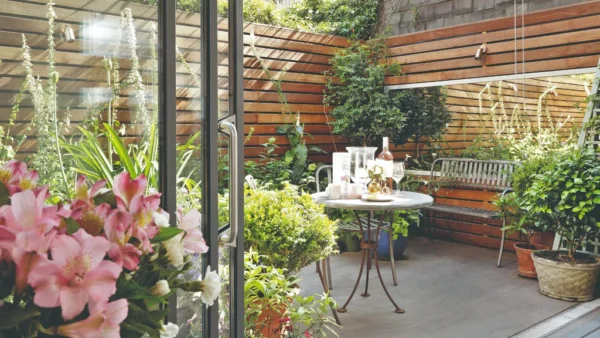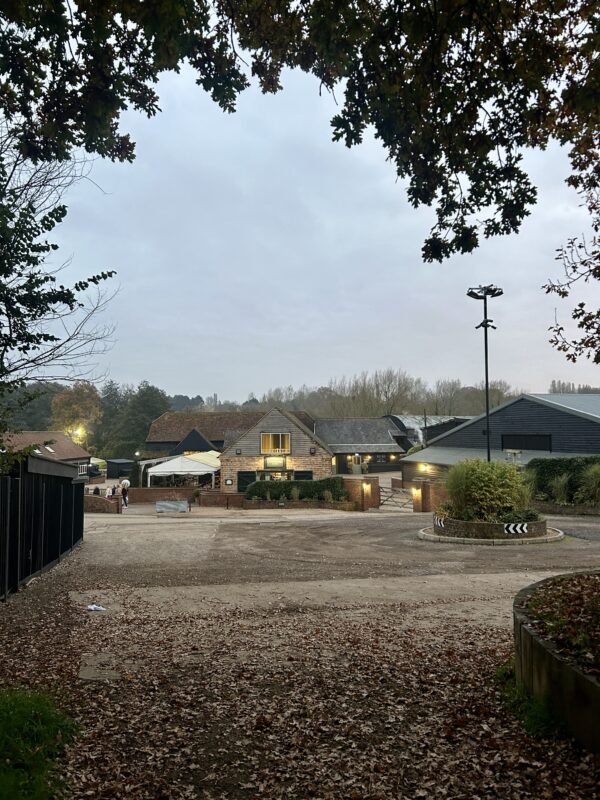
What Does a Humanist Wedding Involve?

More and more millennials are shunning traditional religious weddings and saying “I do” to humanist marriage ceremonies. With 48.6% of the UK now classing themselves as non-religious, statistics show that religious unions are also at an unprecedented low, now only making up only 28% of all weddings.
A humanist ceremony is focused on a symbolic declaration of love before family and friends, arguably sharing this intention with religious weddings. Whilst only legally binding in Scotland and Northern Ireland, many couples outside of these regions organise humanist ceremonies, then take care of the legal formalities in registry offices.
Humanism renounces all religion and supernaturalism and is instead “an approach to life based on reason and our common humanity,” as defined by The Bristol Humanist Group. Broadly speaking, this rejection of religious principles means that humanist weddings replace all of the religious elements of a traditional marriage ceremony with secular alternatives. But what does this involve in practice, and why are such ceremonies becoming so popular?
A liberal choice of venue
Those who decide to have a humanist wedding are not restricted in their choice of venue. A religious marriage must take place in a religious building, however, a humanist wedding can instead take place almost anywhere. This gives non-religious couples significant latitude to organise their big day exactly as they like. Whether they want their wedding to be outside on a beach, in a private hall, or even in their own home, they can do as they please, enabling them to tie the knot in a manner that is special to them.
Many luxury wedding venues have responded to the rise in humanist weddings by providing their own options for non-religious ceremonies; Sandon Hall in Staffordshire, for example, offers a beautiful library interior for couples who opt for a secular wedding, while Vogue voted Buckinghamshire’s Hedsor House—which allows humanist weddings—as its “dream wedding venue” last year.
Personalised vows
One of the most popular aspects of a humanist wedding is that couples are free to eschew religious vows in favour of their own. No longer are they forced to recite the “’till death do us part” vows that are yet another requirement of religious nuptials. Being able to write their own words allows them to say exactly what they like, again giving the wedding more personalisation and a greater intimacy. However, even if couples do want to keep the traditional vows, be it for their heritage or aptness, then there is the option of speaking a modified, secular version if they wish.
Goodbye priests, hello celebrants
Another key aspect of a humanist wedding is that, instead of the ceremony being conducted by a priest or registrar, it is led by a celebrant. This role is similar to that of a religious figurehead, although it is common for celebrants to take more of an active role in the planning process, and offer substantial support in helping the event run smoothly.
Typically, a celebrant will have a planning meeting to discuss the big day with the bride and groom, attend a rehearsal and can even help couples with their scripts, as well as leading the ceremony itself. Whilst celebrants do not wear robes or cloaks like priests, they will still be dressed in smart attire befitting the occasion.
Putting twists on wedding traditions
Many other fundamental aspects of a traditional wedding are maintained in a humanist ceremony, but usually with unique adjustments. There will still likely be rings, a luxurious wedding dress, and entrance music as the bride enters. However, the beauty of a humanist wedding is that many of these elements can be altered in ways that religious weddings cannot.
For example, instead of religious hymns and prayers, the music and poetry of a couple’s choice can be part of the ceremony. In some religious ceremonies, there are required readings, such as in Catholic weddings where the Liturgy of the Word is usually mandatory. These can be replaced with non-religious readings during humanist weddings.
As the UK becomes an increasingly secular nation, humanist weddings have become a popular way for couples to celebrate their love for one another without adhering to religious aspects. Whilst many of the major traditions of a religious wedding day are broadly followed, humanist nuptials give couples the licence to have the day exactly as they want it.














































